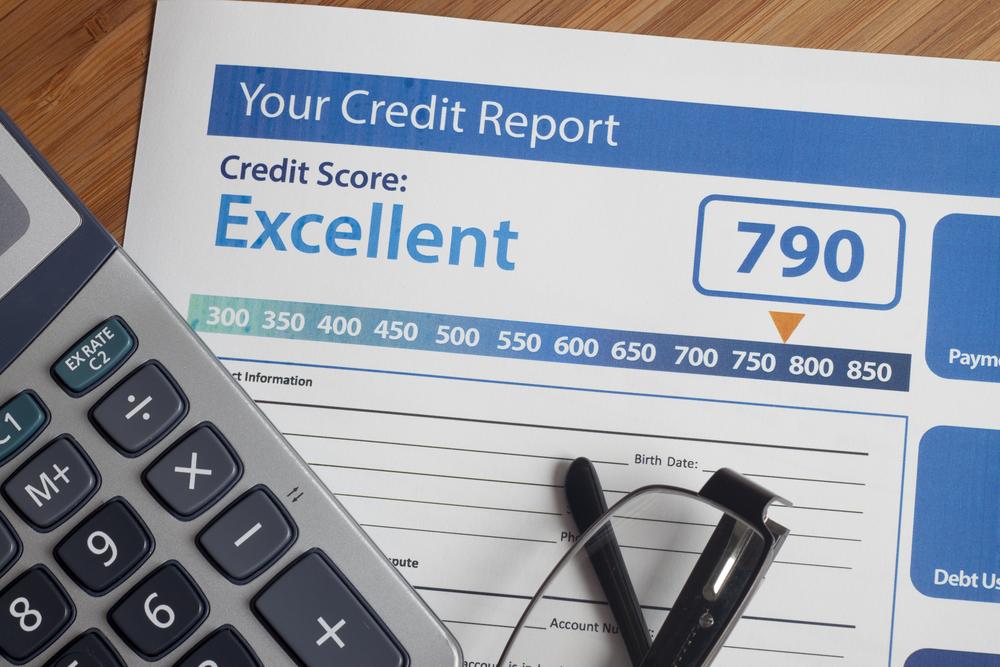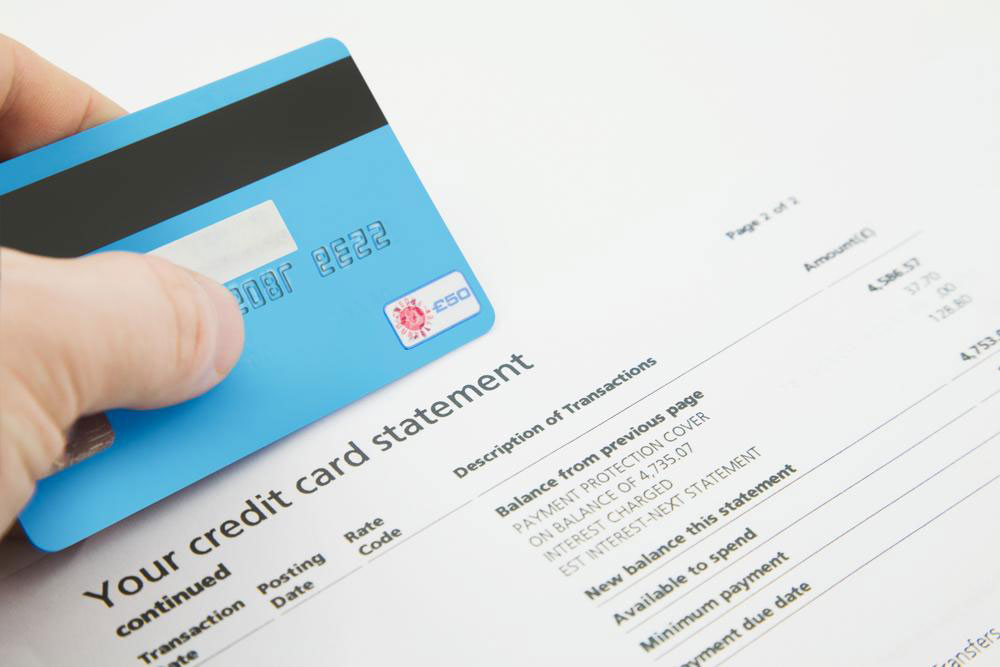How Poor Personal Credit Can Impact Your Business Success: 8 Essential Factors
Understanding how poor personal credit can hinder business growth is crucial for entrepreneurs. This comprehensive guide explores eight key ways that bad personal credit impacts your business, from difficulty securing loans to challenges in leasing and talent acquisition. Maintaining good personal credit not only improves your financial health but also enhances your business prospects. Addressing personal credit issues early and strategically can unlock opportunities, reduce costs, and pave the way for sustainable success. Learn how to protect and enhance your credit profile for business growth.

8 Critical Ways Poor Personal Credit Can Affect Your Business Growth and Success
Many entrepreneurs believe that keeping personal and business finances separate is enough to safeguard their business interests. However, in reality, personal credit plays a vital role in shaping your company's future. Despite setting up business accounts and separate financial entities, your personal credit history and habits can significantly influence your business opportunities and overall success. Poor personal financial management can create numerous barriers that hinder growth and expansion. Understanding these influential factors is essential for entrepreneurs aiming for long-term stability and success.
Challenges in Securing Business Loans and Credit: A weak personal credit report, marked by late payments, defaults, or even bankruptcy filings, raises red flags for lenders. When banks and financial institutions review your personal credit, they assess your ability to manage debt responsibly. A poor credit history suggests higher risk, making it more difficult or even impossible to secure essential business financing. Without sufficient capital, your ability to invest in inventory, marketing, or expansion can be severely limited, restricting the growth potential of your enterprise.
Elevated Business Loan Interest Rates: Even when you manage to secure funding despite a poor personal credit score, the terms might be unfavorable. Financial institutions often compensate for higher risk by charging increased interest rates. This results in higher monthly repayments, which can eat into profits and cash flow. Over time, this additional financial burden can delay profitability and reduce overall business sustainability.
Limited Access to Alternative Funding Sources: Investors, venture capitalists, angel investors, and crowdfunding platforms frequently evaluate personal credit before providing support. A poor credit history diminishes confidence in your ability to generate consistent returns, leading to reduced chances of securing essential funding. This limitation can restrict your capacity to scale operations, innovate, or respond to market opportunities quickly.
Difficulty Obtaining Leases and Business Space: Securing prime business locations or rental properties often requires a good personal credit score. Landlords and leasing agents view personal credit as a reflection of financial reliability. A poor score may result in lease denial, limiting your physical presence and operational capacity. Not having a suitable space can cap your reach, customer base, and expansion plans.
Increased Operational and Overhead Costs: Poor personal credit can also lead to higher operational costs. Utility providers or service vendors may require larger deposits, additional fees, or security payments before extending services. These extra expenses increase operating costs, restrict cash flow, and slow down the path toward profitability.
Damaged Personal and Business Reputation: Publicly accessible financial issues such as bankruptcy or bad credit scores can tarnish your personal and professional image. Negative credit histories can erode trust with clients, partners, suppliers, and investors. This damage can hinder future collaborations, contracts, and business relationships essential for growth and stability.
Vendor and Supplier Difficulties: Many suppliers assess potential partners' personal credit to determine creditworthiness. A poor score can prevent you from obtaining credit terms for inventory or raw materials. This can disrupt your supply chain, forcing you to pay upfront or accept less favorable terms, which impacts overall margins and operational efficiency.
Impact on Talent Acquisition and Employee Relations: Financial stability is often a factor when potential employees consider job stability. Negative personal credit can raise doubts about your company's reliability and financial health, making it harder to attract and retain top talent. A stable workforce is crucial for operational success and long-term growth.
Addressing personal credit issues at an early stage is vital for entrepreneurs. Building and maintaining a strong personal credit profile can foster trust from investors and suppliers, reduce unnecessary costs, and create a more favorable environment for growth. Good personal credit is more than just a financial indicator—it's a valuable asset that supports your business's scalability, credibility, and long-term success. Investing in credit repair and responsible financial habits today can pave the way for a resilient and thriving enterprise tomorrow.





